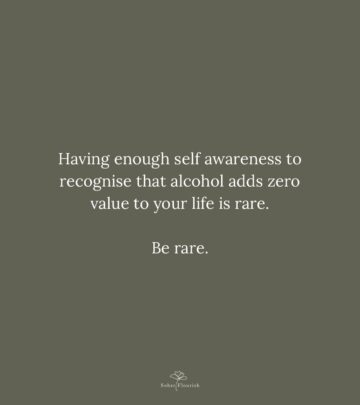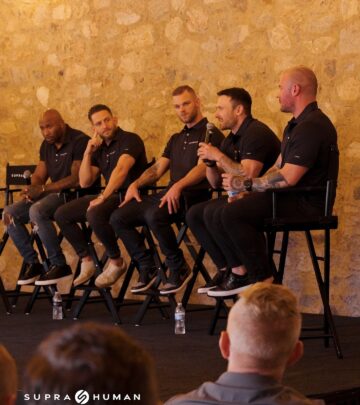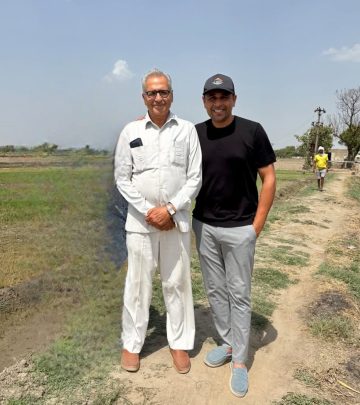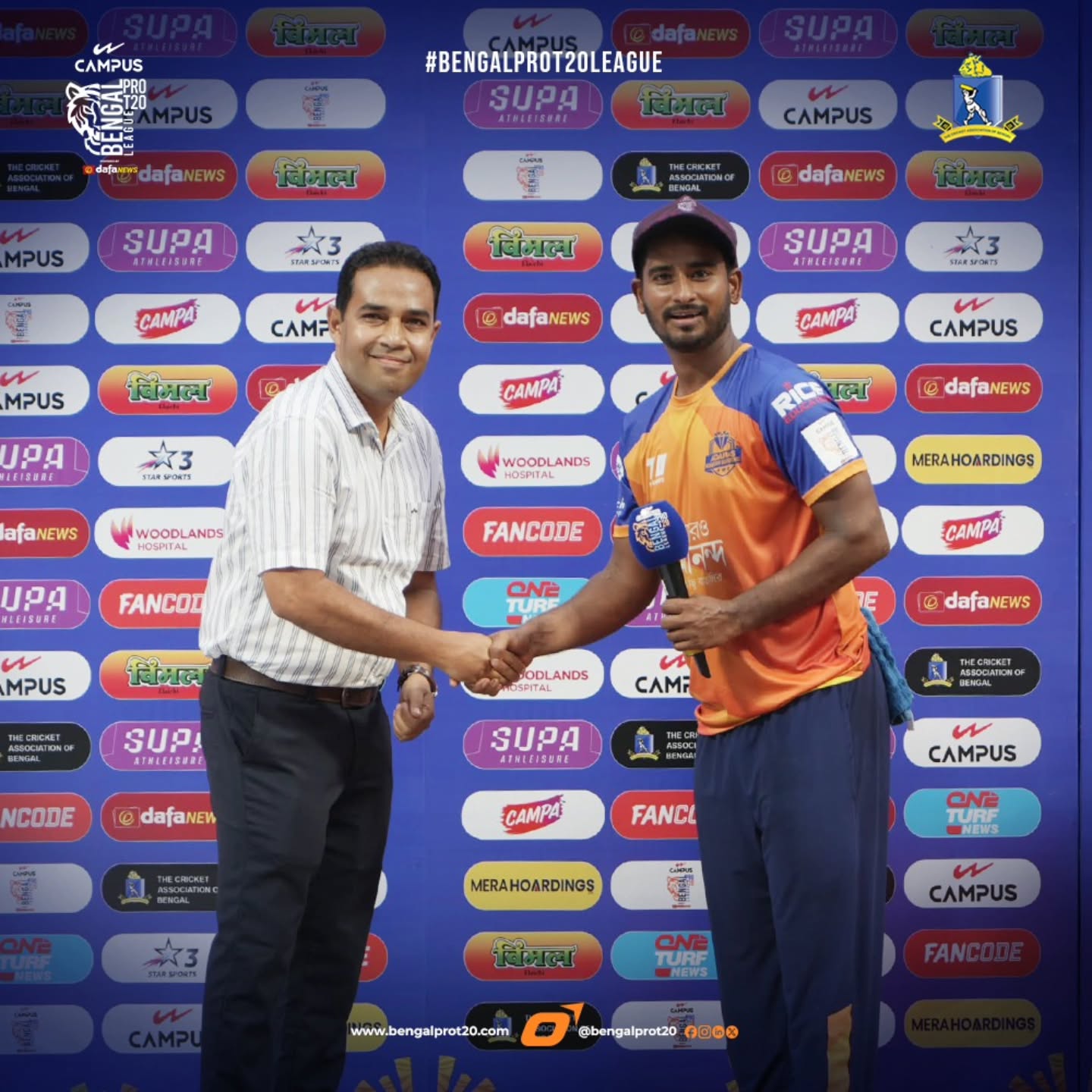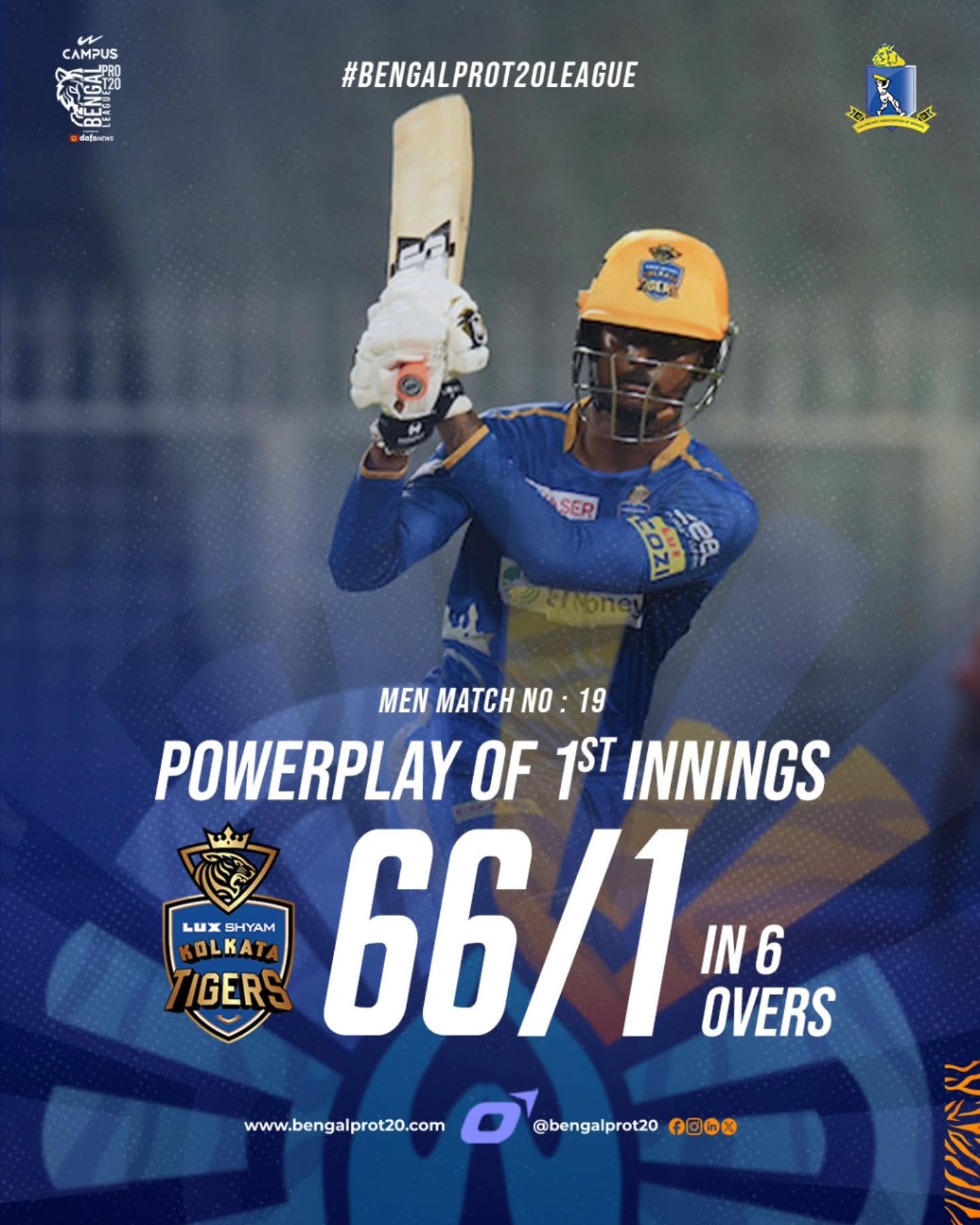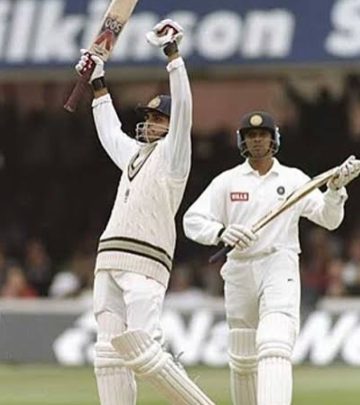Fathers Shape The Future With Active Involvement
Research shows active fathers boost teen self-esteem, social skills, and emotional control.
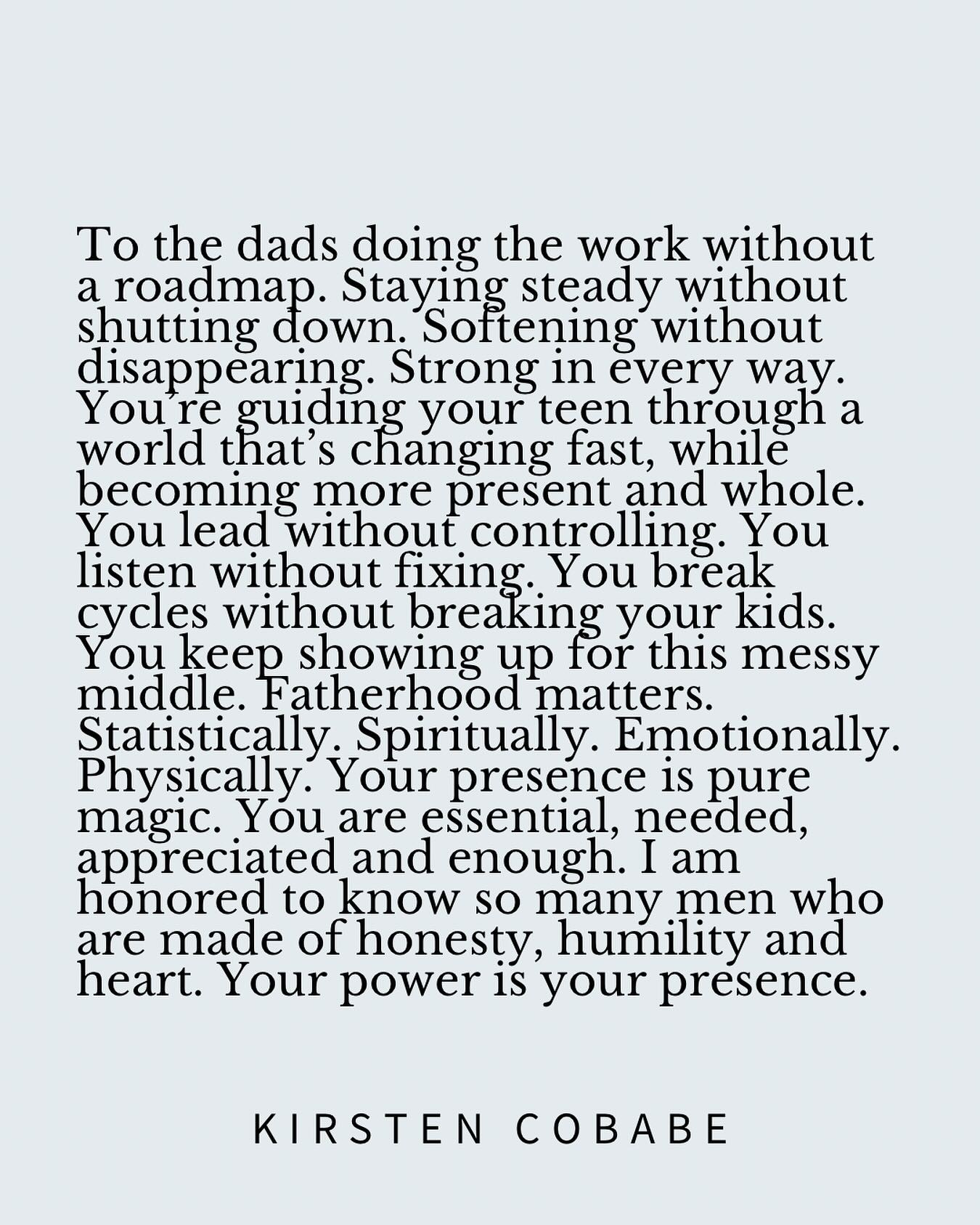
Image: Instagram
Fathers are proving that their role extends far beyond traditional expectations, with recent discussions emphasizing the powerful benefits of involved parenting. In a passionate Instagram caption, teen coach Kirsten Cobabe reminds us that “Fathers shape the way forward. And they are worthy of care and support.” Over decades of observation, research has consistently shown that children with actively engaged fathers tend to develop higher self-esteem, stronger social connections, and better emotional regulation. This isn’t just an academic insight—it’s an instinctive truth that resonates in the lives of families everywhere.
Fathers In Action
In today’s fast-paced and ever-evolving world, the role of a father is under the spotlight for all the right reasons. The evidence is clear: kids who receive consistent support and love from their dads are better equipped to tackle the challenges of adolescence and beyond. The Instagram post by Kirsten Cobabe, widely recognized for her work with teens, underscores the importance of sharing these responsibilities. It urges parents to “share the holding with people you trust,” suggesting that the collective care of children is something that strengthens bonds not only within families but also within communities.
The message is both simple and profound. Whether it is through active engagement in everyday routines or intentional coaching during critical moments, fathers are becoming pillars of support, reinforcing the idea that parenting is a shared journey. The positive effects of father involvement extend beyond immediate reassurance—they cultivate a resilient foundation that influences a teen’s behavior and decision-making for years to come.
The Impact On Teen Well-being
Numerous studies have established that an involved father contributes significantly to a child’s social and emotional development. Teens who experience supportive paternal figures often display better problem-solving skills and an enhanced capacity to handle stress. As noted in the original caption, the benefits range from improved self-esteem to more robust social connections. This comprehensive support system helps teenagers navigate complex emotional landscapes, laying the groundwork for future success.
Kirsten Cobabe’s influential approach as a teen coach is particularly noteworthy. In one of her earlier posts, she explained, “This isn’t about being permissive or perfect, it’s about being present. You’re both worthy of understanding. Show teens how it’s done. This is your power.” These words mirror the ongoing conversation about quality parenting. When fathers step up to be actively involved, they model honesty, resilience, and empathy—qualities that not only benefit teens but also set the stage for a more nurturing society.
Community Connections And Shared Responsibilities
Beyond the immediate benefits for individual teens, there is a broader cultural shift underway. The concept of shared parenting and community support is gaining momentum. In another related Instagram post, Cobabe encouraged parents to look past traditional methods and create an environment where teens feel safe to form their own identity. Phrases such as “Go beyond lighthouse parenting and build unbreakable trust” resonate deeply in a climate where every interaction matters.
This evolving narrative stresses that strong familial bonds are the result of intentional efforts. The connection between a father and his child is not merely transactional; it is an investment in the future. With modern-day challenges ranging from digital distractions to societal pressures, the role of a present and proactive parent cannot be overstated. Through her work, Cobabe continues to educate and inspire parents to evolve alongside their children, ensuring that they cultivate a support structure that is both compassionate and effective.
Real-life Reflections And Social Media Insights
Visual content shared on social media platforms further reinforces these insights. In a recent image posted by Cobabe, a poignant snapshot of a father and teen engaging in a meaningful interaction captured the essence of dedicated parenting. The visual narrative complements her written message, combining both words and imagery to advocate for stronger paternal bonds. Other posts have featured similar themes, such as emphasizing that behavior is only the surface, while genuine development is the underlying story. These posts not only provide a boost of inspiration but also serve as a call to action for fathers everywhere to take their role seriously.
The recurring hashtags such as #fatheratter and #fathersshapethefuture have become rallying points for communities looking to support engaged parenting. The dialogue that continues to unfold on these platforms reflects a growing understanding that the presence of a committed father can steer a teen’s life in remarkably positive directions. By investing in healthy relationships at home, families can nurture empowered individuals ready to face a rapidly changing world.
In essence, the impact of involved fatherhood transcends the immediate family unit. It influences social connections, builds community, and plays a crucial role in the holistic development of future generations. As more voices join the conversation, thanks to experts like Kirsten Cobabe, the call for active, intentional parenting is louder than ever. The power of a supportive father is a gift that keeps giving—transforming the challenges of today into the victories of tomorrow.
By focusing on presence over perfection, fathers are not only shaping a better future for their children but are also redefining what it means to be a role model in a modern era. The research is in, the testimonials are clear, and the message remains unequivocal: when fathers get involved, everyone wins.
Read full bio of Srijita De






